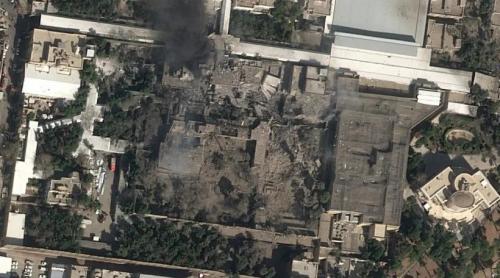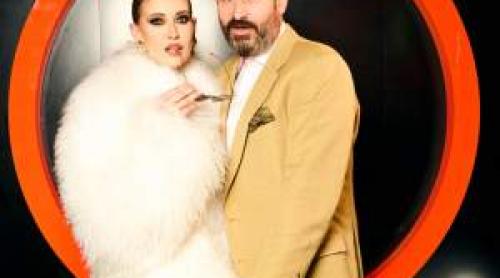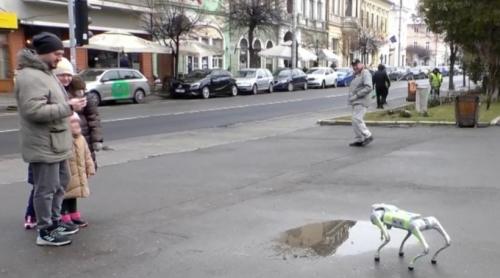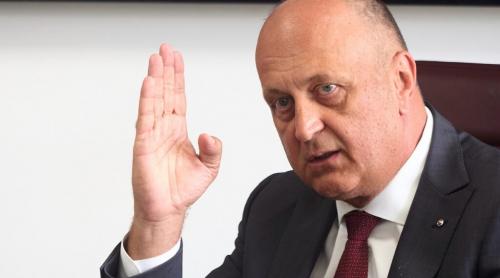
The Romanian economy may have a soft landing after an abrupt brake halted it, Central Bank Governor Mugur Isarescu said. And it may be the IMF's job to play the devil's advocate, added Isarescu. He was hinting at the fact that the IMF 2009 prognosis for Romania is less optimistic than the Central Bank's, which in turn is less optimistic than the Government's.
The Central Bank estimated Romania's economy to grow some 2% to 2.3% this year, while the Government put the growth at 2.5%. The IMF, on the other hand, estimated Romania's economy will shrink by 1%.
"We are talking with the IMF to conclude a financial agreement, but we are currently evaluating our options and not have a clear position," Isarescu said.
He said the Central Bank wants to conduct a thorough analysis of the economy and come to a reasoned opinion, and not to jump on the conclusion that "the Romanian economy is in crisis because everyone else's is."
Isarescu added that the crisis outcome is now clearer, but still difficult to fully anticipate, as the full scope of the crisis is yet unknown. "The most dangerous approach is to overstate and over anticipate, bouncing from one extreme position to the other, as it happened in the Czech Republic. One has to acknowledge the influence of the global crisis on the economy, but gouge realistically its impact to tailor the relationship between the GDP and exports," Isarescu said.
"We insist into believing that Romania's economy had what it takes for a soft landing, while improving the perception of foreign investors. To that end, it is of paramount importance to coordinate the monetary and fiscal policies, and the one regarding the salaries," Isarescu said.
He added that foreign estimates of the Romanian economy are misconceived, as the public sector does not have "a foreign debt problem", since that belongs to the private sector. And the country ratings always refer to the public debt, not the private one, Isarescu pointed out.
Romanian should also reconsider their perceptions of the economy and themselves, Isarescu said. Some thought they were rich. Now they found out they have a lot of bank credits they are unable to return, added he.
The Central Bank stays by its previous estimate for the 2009 inflation rate, which it says will reach 4.5%. At the same time, the Central Bank will suggest the Government to target a 3.5% inflation rate for 2010.
The current account deficit last year dropped to 12% of the GDP, from 14% in 2007. "It rests to be seen how much lower we can bring the current account deficit in this times of crisis. We have an excellent dialogue with the Government on this topic, but we are still in the drafting faze," added Isarescu.
Another topic of concern is the fall of the national currency against the Euro, Isarescu said it was prompted by a combination of factors: the investors risk aversion, on the backdrop of the international financial crisis, the salary raises not connected to productivity hikes, and the widening of the macroeconomic imbalances.
Citește pe Antena3.ro

















